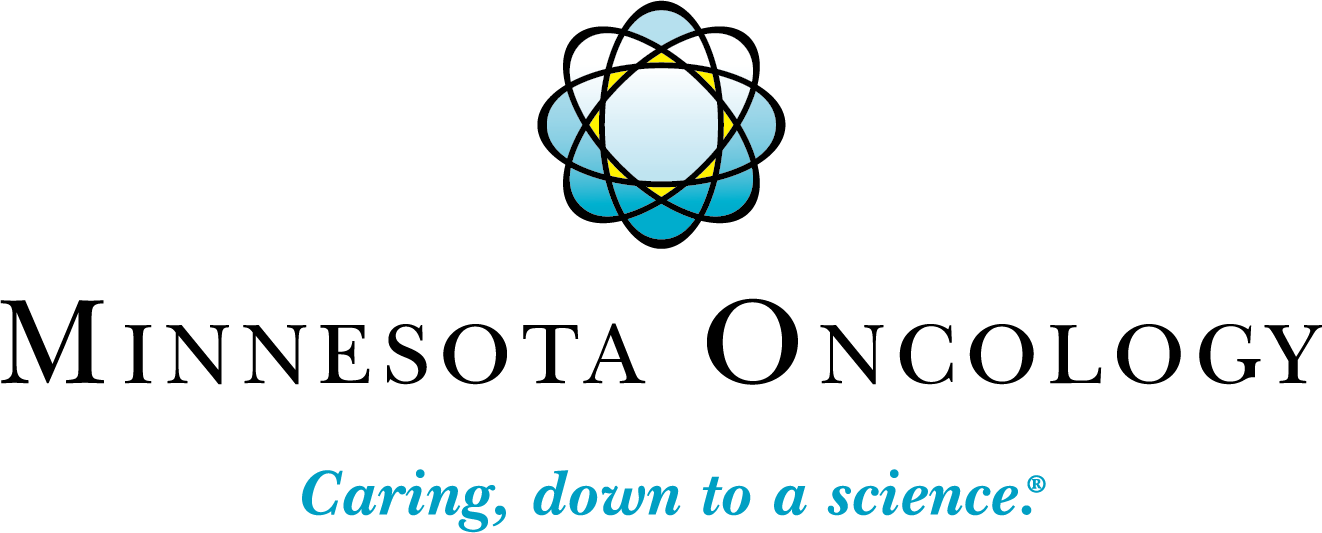
NCCN Guideline Updates Help Oncologists Navigate ctDNA Use: Eric Lander, MD

Circulating tumor DNA (ctDNA) testing changes occur nearly every year, making consistent updates to National Comprehensive Cancer Network (NCCN) guidelines important for clinicians to make decisions on the use of these methods of testing, says Eric Lander, MD.
Eric Lander, MD, site research leader at Minnesota Oncology, spoke with The American Journal of Managed Care® after participating in the Institute for Value-Based Medicine® meeting held in Minneapolis on June 17. The panel Lander participated on focused on several topics revolving around National Comprehensive Cancer Network (NCCN) guidelines and how their recommendations are practiced in real-world settings.
This video focuses on circulating tumor DNA (ctDNA) testing and how clinicians can be better informed when using it for the patients, including by updating NCCN guidelines to meet the needs of both clinicans and patients.
This transcript has been lightly edited; captions were auto-generated.
Transcript
Why do you think clinicians are using ctDNA outside of NCCN guideline recommendations?
I can't speak a ton to the payer challenges. Anecdotally, I have not had much issue getting coverage for these tests, because I'm typically ordering them in scenarios where they've already received Medicare approvals. Thankfully, I have not run into a bunch of issues there. I think from a clinical standpoint, there are a lot of ongoing challenges with ctDNA. As you just highlighted, NCCN guidelines currently do not endorse consistent ctDNA testing. Alhough if you actually look at practice patterns of experts, we can take the field of GI [gastrointestinal] oncology as a whole, because that's where most of the data [are] in oncology, at least. There, the practice patterns can vary widely, and experts actually are already implementing this in their clinical practice. There was a session at ASCO, I believe, at noon or 1pm on Friday May 30, 2025, that looked at what experts are doing in terms of their ctDNA ordering, and if they're acting on that. People are already using it to guide decision-making in stage 2 colon cancer as an example, even though it's not in the NCCN guidelines.
How to attack that and ameliorate it, I think, does require updated guidelines. The best way to go about that, I think, is just to consistently update the guidelines and recognize the limitations of the tests. A couple key limitations are that we still don't have any great predictive studies that show that modulating your treatment based on ctDNA testing is definitely going to improve patient outcomes as a predictive biomarker. Another big limitation is the fact that there are many different ctDNA vendors, and I don't know that there's amazing education across the country of how all these vendors differ.
First of all, you can look at the fact that many assays are tumor-informed, while many others are tumor-uninformed, meaning designed from the patient's tumor tissue vs agnostic of using the patient's tumor tissue to detect circulating tumor DNA. In general, as a broad generalization, tumor-informed assays are probably better at detecting molecular residual disease. Yet I've certainly seen providers use tumor-uninformed assays for that purpose. When we look at the studies, all the studies are using different ctDNA assays. Even among the vendors who have tumor-informed assays, the methods of each of those vendors is different.
Do we need to better regulate how these are compared and contrasted? I would ideally like to see some head-to-head comparisons in the same patients of how these assays perform, and that has not been done. I think a lot of people in the academic community would like to see that, because, if you take the example of immunotherapy, pembrolizumab, you had to go through the same approval process as nivolumab with the FDA by testing your drug and many hundreds of patients to get that approval in many cases. Yet, these assays don't necessarily go through that same amount of rigor to be able to garner the same utility in the clinical practice setting and coverage by insurance.
That's kind of a long-winded way of saying we do need updated NCCN guidelines, and we really need better guidance from the academic community as a whole, and pushing for better head-to-head comparison of the plethora of evolving ctDNA assays. That comparison will have to be done every few years, because the assay methodologies are changing by the year in many cases.
Newsletter
Stay ahead of policy, cost, and value—subscribe to AJMC for expert insights at the intersection of clinical care and health economics.








